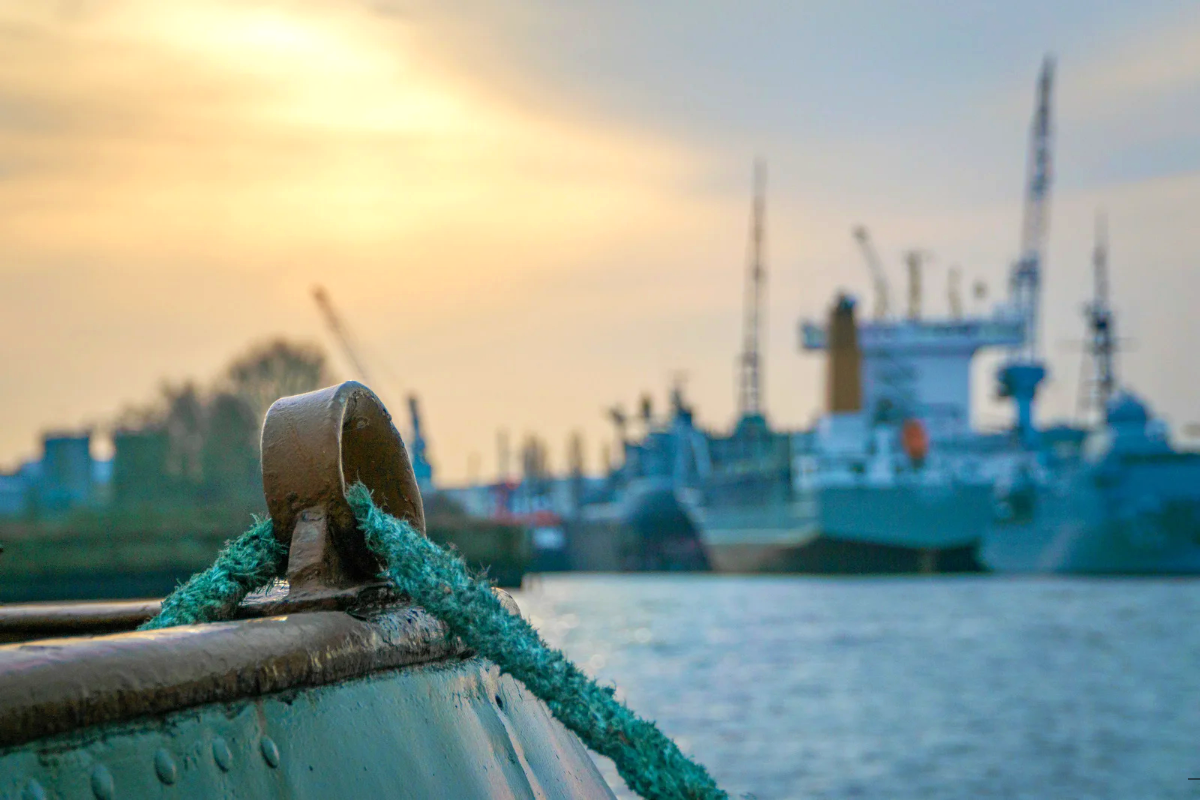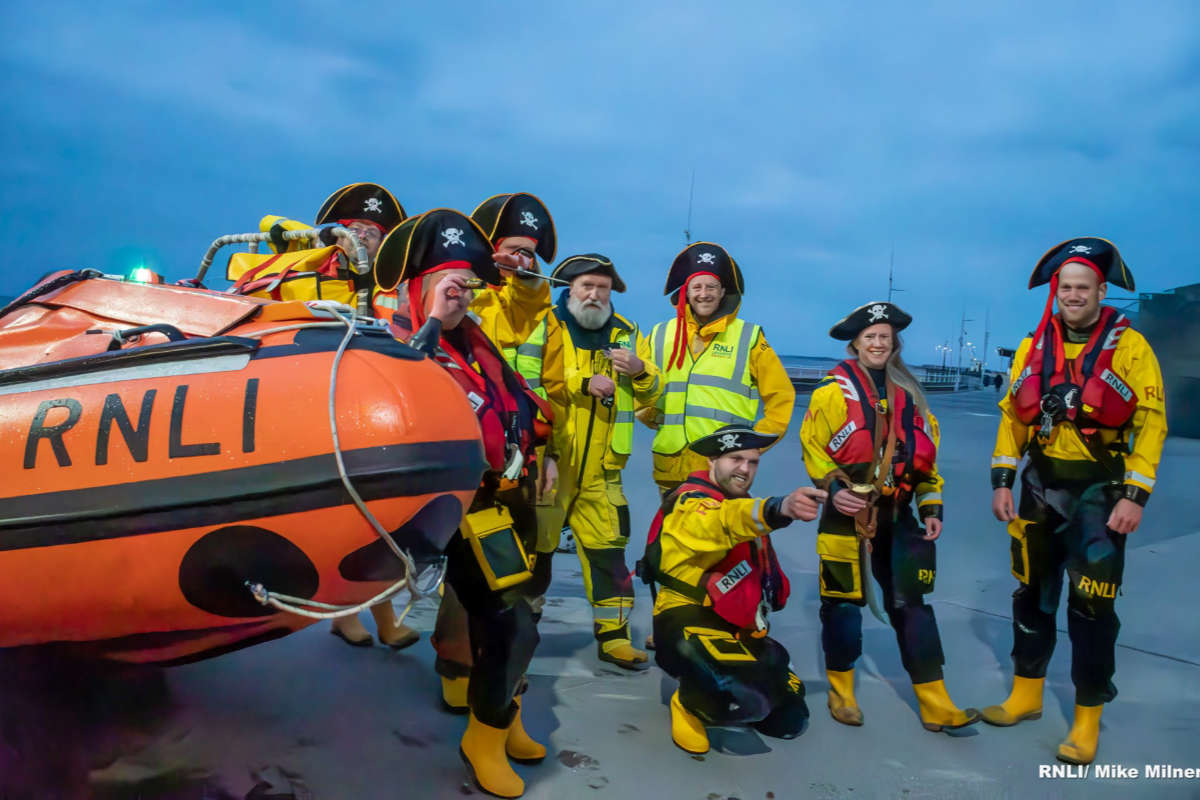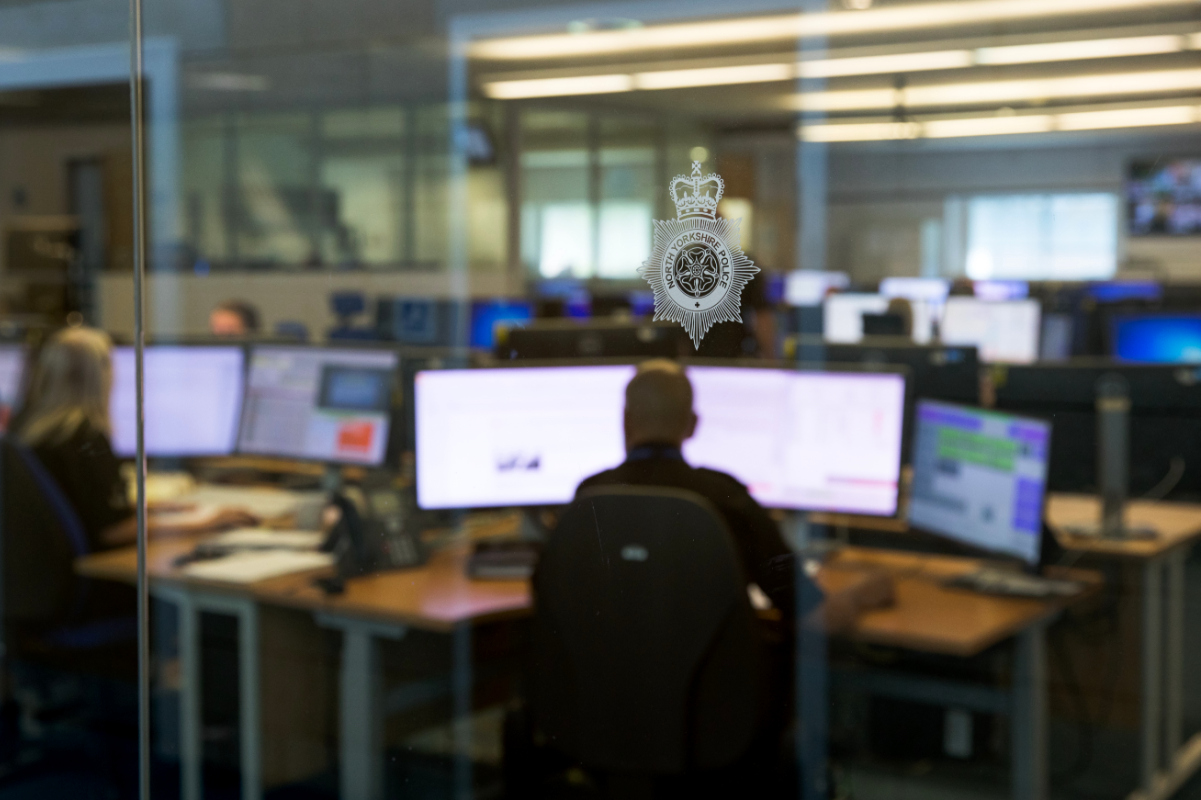
The new council will provide expertise and top-level oversight for the Government's Maritime 2050 strategy, to help achieve its 185 recommendations.
The first meeting of the Maritime Council yesterday brought together figures from across the sector to discuss the delivery of government’s Maritime 2050 strategy, creating new jobs, boosting trade links and minimising emissions.
The Maritime Council has been established in a pivotal period as the maritime sector prepares itself for a net zero future. The council will drive delivery of the recommendations set out in the Maritime 2050 strategy and focus government and industry’s shared priorities as it aims to grow a sector that is vital to the flow of goods and services in and out of the country, boosting UK economic growth while tackling carbon emissions.
During his opening address to the council, Transport Secretary Mark Harper said:
"As an island nation, maritime has always underpinned our national connectivity and prosperity, so it’s vital we secure the long-term future of this sector and deliver on the Maritime 2050’s recommendations to make the UK maritime sector the strongest and most competitive in the world.
"Not only will this help deliver the Prime Minister’s immediate priority of growing the economy, it’ll also deliver on our environmental ambitions by decarbonising its operations – arguably maritime’s biggest transformation since sail gave way to steam."
The first meeting was chaired by Transport Secretary Mark Harper, with subsequent meetings to be chaired by Maritime Minister Baroness Vere.
Developed by the government and industry, Maritime 2050 sets out 185 recommendations across 7 different themes, to ensure that the UK maritime sector continues to lead from the front.
Maritime Minister Baroness Vere said:
"It’s not just for government to set out a plan, it has to be something that all parties can make a reality.
Collaboration with the industry will help deliver our shared Maritime 2050 vision, revolutionising the UK’s relationship with other countries, to grow and upskill the maritime workforce and advance our world class safety standards."
Among these ambitions, the newly founded council will look at how to deliver clean maritime growth, and how economic and environmental benefits can converge to bring forward a futureproof maritime sector.
Alongside this, it will support the commercial investment into our maritime infrastructure, work to put the UK at the centre of global safety and security standards, promote a more diverse maritime workforce and unlock the potential of new technologies in the sector.
To help accelerate progress to meet the recommendations, the council will have the power to set up specific groups tasked with working to ensure that the UK is delivering on its ambitions and cementing our status as a world leader in the maritime sector.
The council will also oversee publication of a joint government and industry annual report on the delivery progress of Maritime 2050.
In January 2019, government published the Maritime 2050 strategy. Developed by government and industry, Maritime 2050 is the ambitious joint vision for the sector, setting out how the UK will continue to be a world-leading maritime nation by meeting the challenges and opportunities of the future.
The strategy concentrated on 185 recommendations across 7 themes:
- competitive advantage
- people
- infrastructure
- trade
- technology
- environment
- security and resilience
Since 2019, several route maps have been published, each focusing on a specific theme and providing tangible actions and outcomes.
The Maritime Council has been established to provide the top level of governance across all themes and drive delivery of the Maritime 2050 recommendations.




 Scarborough Athletic Fans, Finance Director and Manager Speak of Emotional Week at the Club
Scarborough Athletic Fans, Finance Director and Manager Speak of Emotional Week at the Club
 Police Release E-Fit After East Riding Assault
Police Release E-Fit After East Riding Assault
 Filey Food & Drink Festival Weekend
Filey Food & Drink Festival Weekend
 Whitby Town On Verge of Safety After Thriller
Whitby Town On Verge of Safety After Thriller
 Scarborough Athletic Leave It Late in County Durham
Scarborough Athletic Leave It Late in County Durham
 Key Weekend in Bridlington Town's Relegation Battle
Key Weekend in Bridlington Town's Relegation Battle
 Tour of Britain Cycle Event for Dalby Forest
Tour of Britain Cycle Event for Dalby Forest
 Look Out For Bridlington Lifeboat's Pirates On The Promenade
Look Out For Bridlington Lifeboat's Pirates On The Promenade
 Chaser Returns to Scarborough for Panto Season
Chaser Returns to Scarborough for Panto Season
 Scarborough Athletic Pitch Could be Out of Action for 44 Weeks And Cost £3m to Repair
Scarborough Athletic Pitch Could be Out of Action for 44 Weeks And Cost £3m to Repair
 North Yorkshire Police Report Significant Improvement in Call Answer Times
North Yorkshire Police Report Significant Improvement in Call Answer Times
 Ryedale Sex Offender Confronted By Angry Mother
Ryedale Sex Offender Confronted By Angry Mother








Comments
Add a comment